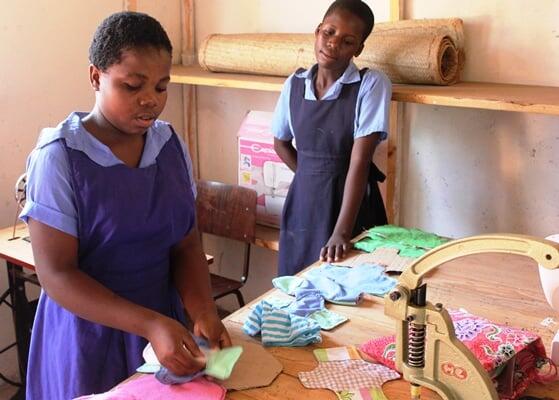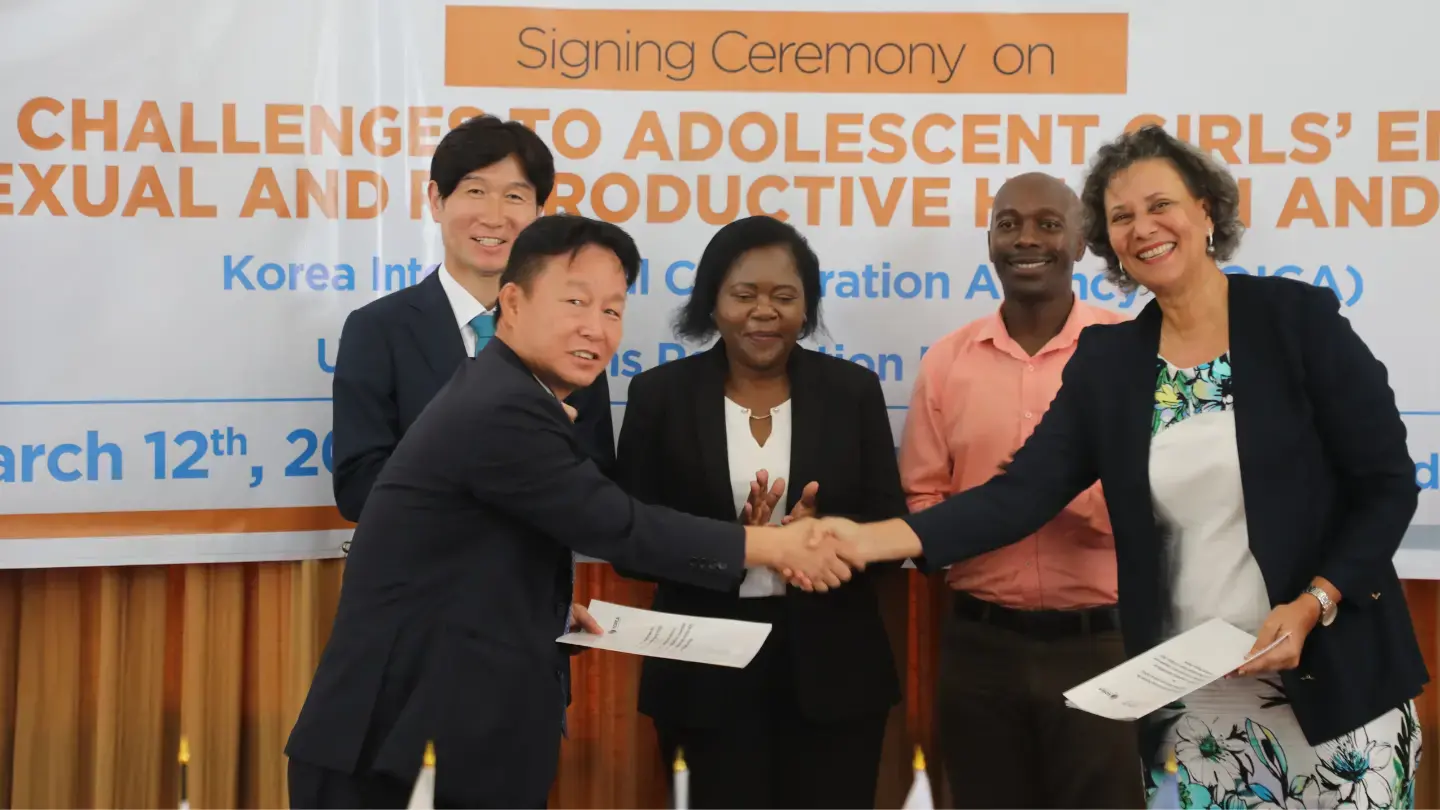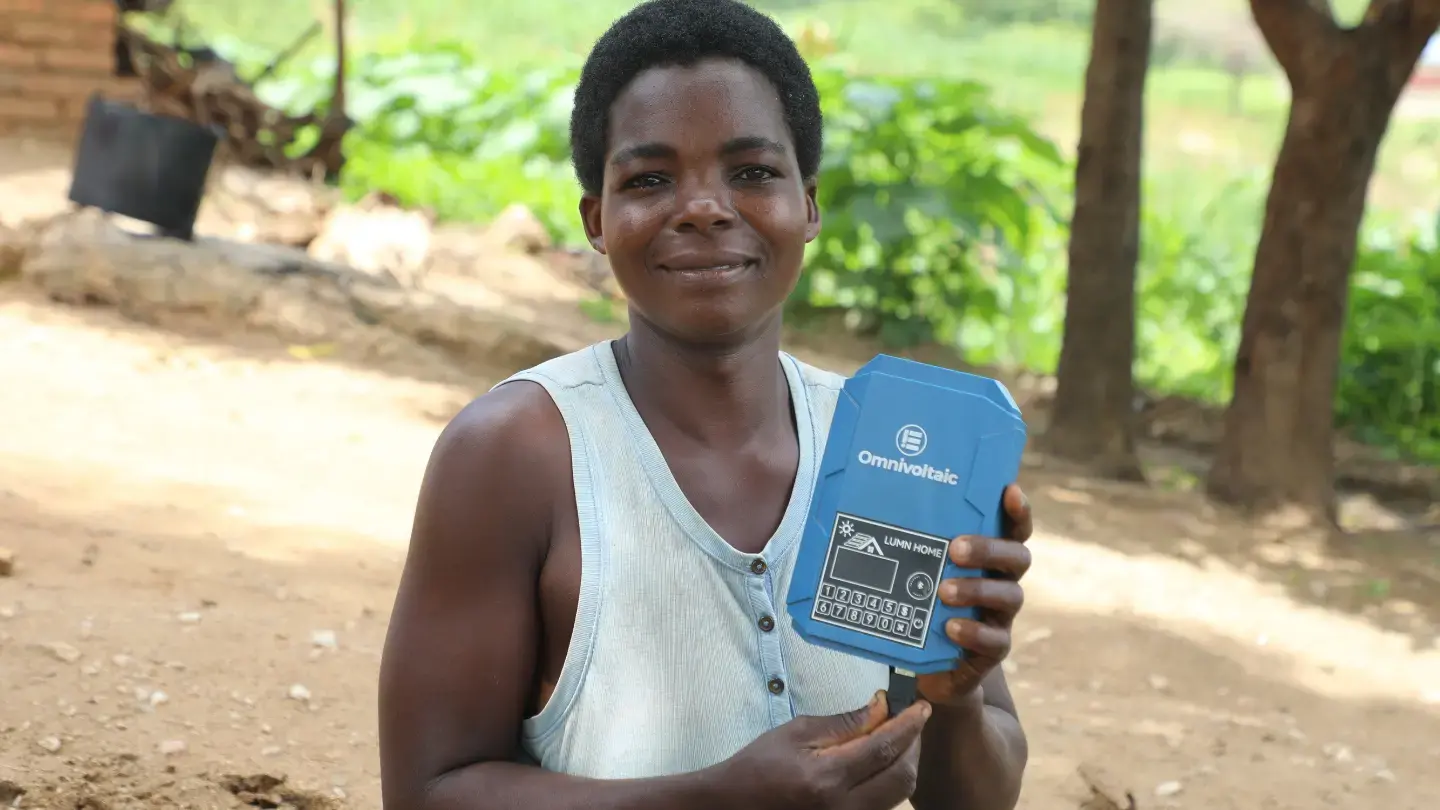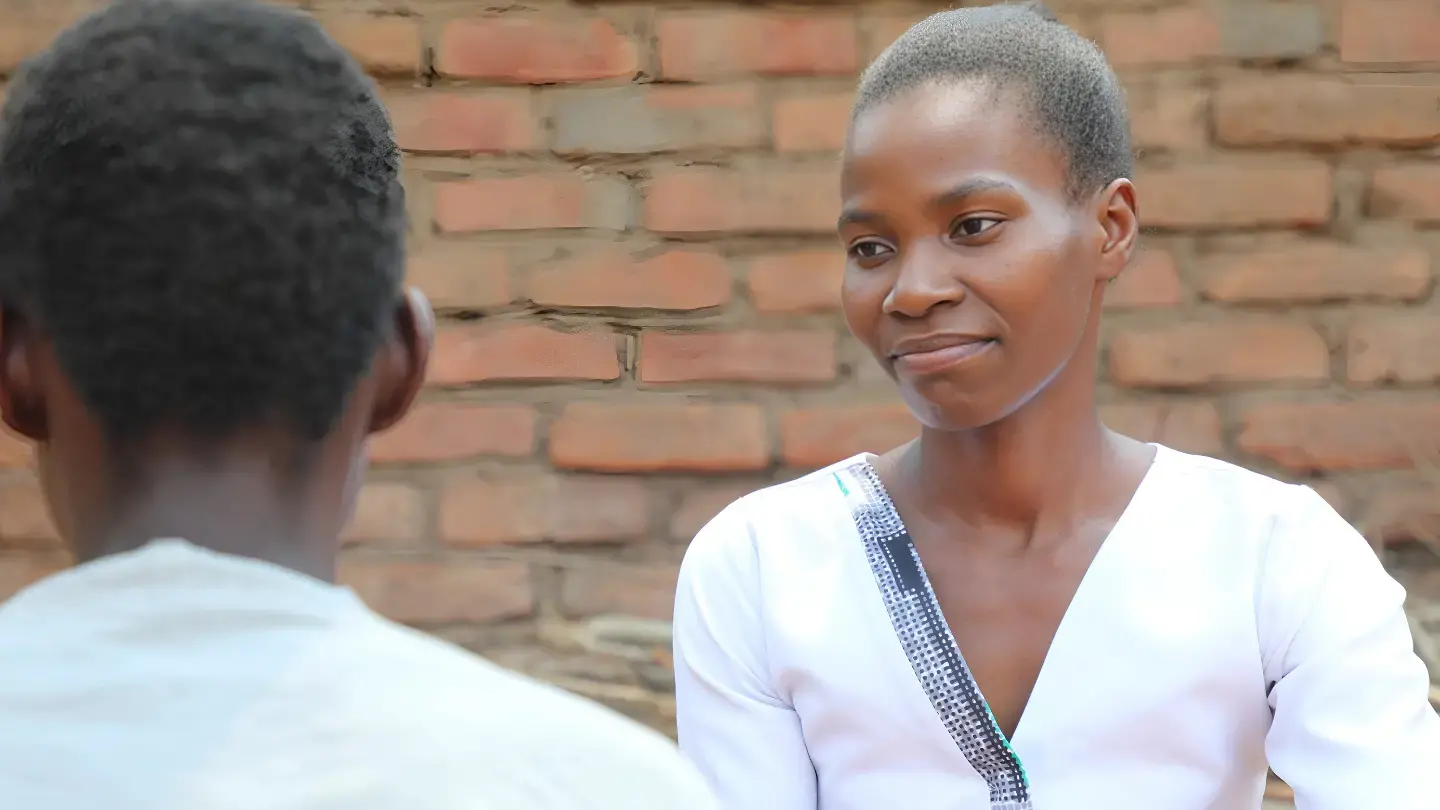Fatima Muhammed and Deborah Chavula are leading the way to assist fellow girls continuously attend school even during menstruation period. Both are 13 years old and are in Standard seven at All Angels Primary school in Senga bay, Salima district. After they knock off from school, they come back to the sewing room at the school and make sanitary pads for their fellow girls. ”We were trained in this skill in March this year but there is great change in attendance in class among our fellow girls; most girls come to school even during menstruation period and never miss lessons; as far as we know our fellow girls have no excuse to miss lessons due to menstruation” narrates Fatima as she smiles.
Mother groups and the teacher for the school have also tramped up the support in enhancing their skills of making sanitary pads and ensuring girls attend lesson at all times.
“We used to have more girls absenting themselves from school for the main reason of menstruation and since this skill was provided to these girls, things have changed” Patricia Chabuka, a female teacher at the school.
She explains that so far nine girls were trained to make the sanitary pads and extra five girls are currently undergoing similar training that takes about one week. Fatima and Deborah recall that they recently distributed 22 sanitary pads to their fellow girls and they keep some for some emergency need. The teacher estimates that about 290 girls require the sanitary pads in the school every month and Salima district council provides the materials they use to make the pads with funding from UNFPA under the Joint UN programme on Girls education.
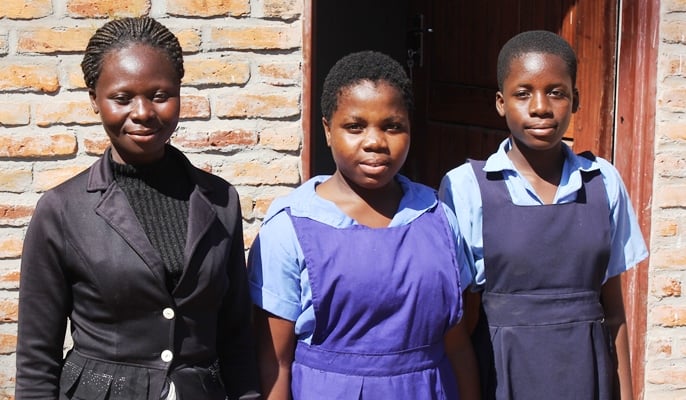
Girls’ Education in Malawi
Malawi is one of several sub-Saharan African countries whose education systems are characterized by very high initial enrolments in primary schooling, but high repetition and dropout leading to low completion rates such that less than 25% of girls ever finish primary school. The low retention rate is largely attributed to harmful cultural practices; lack of age-appropriate reproductive health information and services; and lack of knowledge, self- efficacy and utilisation of services which, if made available, could assist in reduction of drop out through pregnancy prevention as well as reduction in HIV/STI transmission.
To address some of the challenges that girls face in and out of school, UNFPA, Unicef and World Food Programme with funding from the Norwegian Government are implementing a joint programme on girls education to improve and expand education opportunities for girls in Malawi. The programme aims at improving access, quality and relevance of education for girls in the districts of Salima, Mangochi and Dedza by targeting 81 schools in five zones for a period of three years from 2015. The project employs a ‘whole school approach’ by specifically targeting girls from standard five to eight guided by a holistic and human rights based programme which aims to improve access, quality and relevance of education for girls in the targeted districts.

